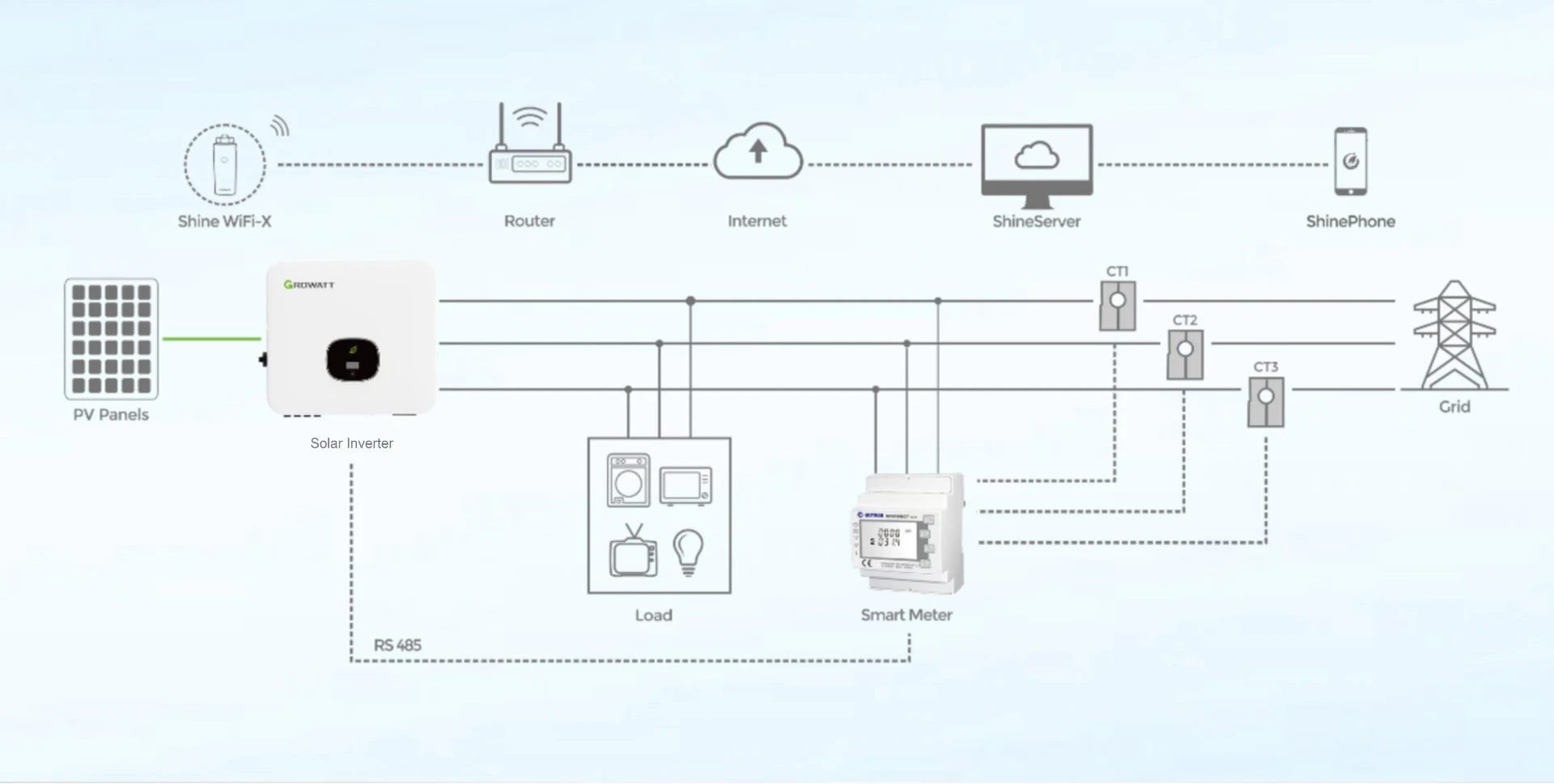solar charging station
The Rise of Solar Charging Stations A Sustainable Solution for Electric Vehicles
As the world shifts towards more sustainable energy sources and seeks solutions to combat climate change, solar charging stations for electric vehicles (EVs) have emerged as a promising innovation. This technology not only promotes the use of EVs but also harnesses the power of renewable energy, thereby reducing reliance on fossil fuels and decreasing greenhouse gas emissions. In this article, we’ll explore the benefits of solar charging stations, their impact on the EV market, and the future of this green technology.
What is a Solar Charging Station?
A solar charging station is a facility that utilizes solar panels to convert sunlight into electricity, which is then used to charge electric vehicles. These stations can vary in size and complexity, from small, standalone units to larger installations that can service multiple vehicles simultaneously. The energy produced by the solar panels can be stored in batteries for later use, or it can be fed directly into the charging system as needed.
Benefits of Solar Charging Stations
1. Sustainability The primary advantage of solar charging stations is their commitment to sustainable energy. By using solar power to charge vehicles, these stations significantly reduce the carbon footprint associated with traditional energy sources. This transition not only supports eco-friendly transportation but also aligns with global efforts to reduce climate change effects.
2. Cost-Effective Energy Once installed, solar panels can provide cost-effective energy for charging electric vehicles. Though the initial investment can be high, the long-term savings on electricity and maintenance can be substantial. As technology advances and production costs decrease, these stations are becoming increasingly accessible to both businesses and consumers.
3. Energy Independence Utilizing solar energy allows individuals and communities to gain greater energy independence. During peak sunlight hours, solar charging stations can produce more electricity than necessary, allowing surplus energy to be stored or redirected to other uses. This self-sufficiency can lessen dependence on the grid and reduce vulnerability to energy price fluctuations.
solar charging station

4. Enhanced EV Infrastructure As the number of electric vehicles on the road continues to rise, the need for an extensive and reliable charging infrastructure becomes more critical. Solar charging stations can be deployed in a variety of locations—such as parking lots, shopping centers, and residential areas—making it easier for EV owners to find charging options and reducing range anxiety, a common concern among potential electric vehicle users.
5. Promotion of Renewable Energy Implementing solar charging stations encourages the adoption of renewable energy technologies in broader contexts. As more communities embrace solar power as a viable charging option, it can spur additional investments and innovations in renewable energy, facilitating a shift toward a more sustainable energy future.
The Impact on the EV Market
The integration of solar charging stations into the electric vehicle landscape has substantial implications for the market. As charging infrastructure expands, consumer confidence in electric vehicles increases. Consumers are more likely to transition to EVs knowing that charging stations powered by renewable energy are widely available. This shift could accelerate the move away from combustion engine vehicles, fostering a cleaner environment and a new green economy.
Moreover, solar charging stations can provide an edge for companies focused on sustainability. Businesses that adopt solar charging solutions can attract eco-conscious customers, establishing their brand as a leader committed to sustainable practices. This connection resonates particularly well with younger generations, who prioritize environmental issues in their purchasing decisions.
The Future of Solar Charging Stations
Looking ahead, the future of solar charging stations appears promising. With ongoing technological advances, we can expect improvements in solar panel efficiency and energy storage systems, accompanied by decreasing costs. Governments and environmental organizations are likely to continue supporting the expansion of solar energy initiatives through incentives and funding, thus promoting the overall growth of the electric vehicle market.
In conclusion, solar charging stations represent a significant step forward in building a sustainable transportation network. They not only provide a clean and renewable source of energy for electric vehicles but also contribute to mitigating climate change and promoting energy independence. As society progresses towards a greener future, investing in solar charging infrastructure will play a critical role in shaping a more sustainable world for generations to come.
-
String Solar Inverter: The High-Efficiency Solution for Smart Solar EnergyNewsJul.14,2025
-
Revolutionizing Rooftop Energy with the Power of the Micro Solar InverterNewsJul.14,2025
-
Power Independence with Smart Off Grid Solar Inverter SolutionsNewsJul.14,2025
-
On Grid Solar Inverter: Powering the Future with Smart Grid IntegrationNewsJul.14,2025
-
Monocrystalline Solar Panels: High-Efficiency Power for the Future of Clean EnergyNewsJul.14,2025
-
Bifacial Solar Panel: A Smarter Investment for Next-Generation Energy SystemsNewsJul.14,2025







